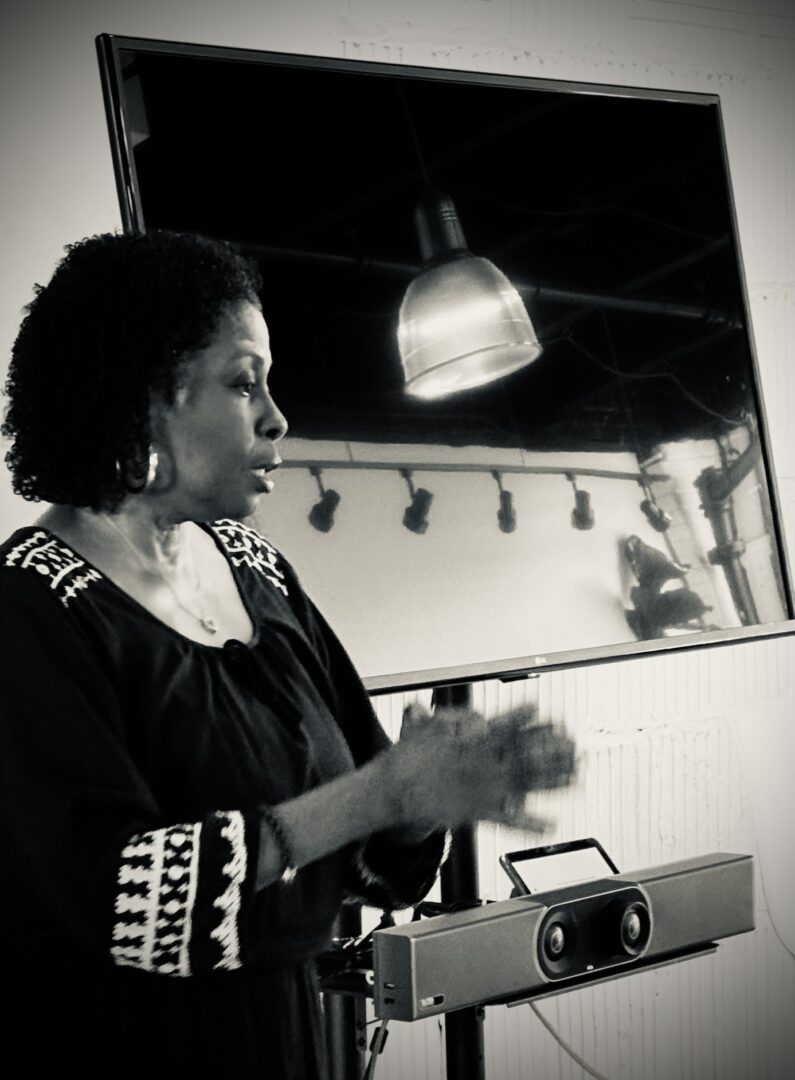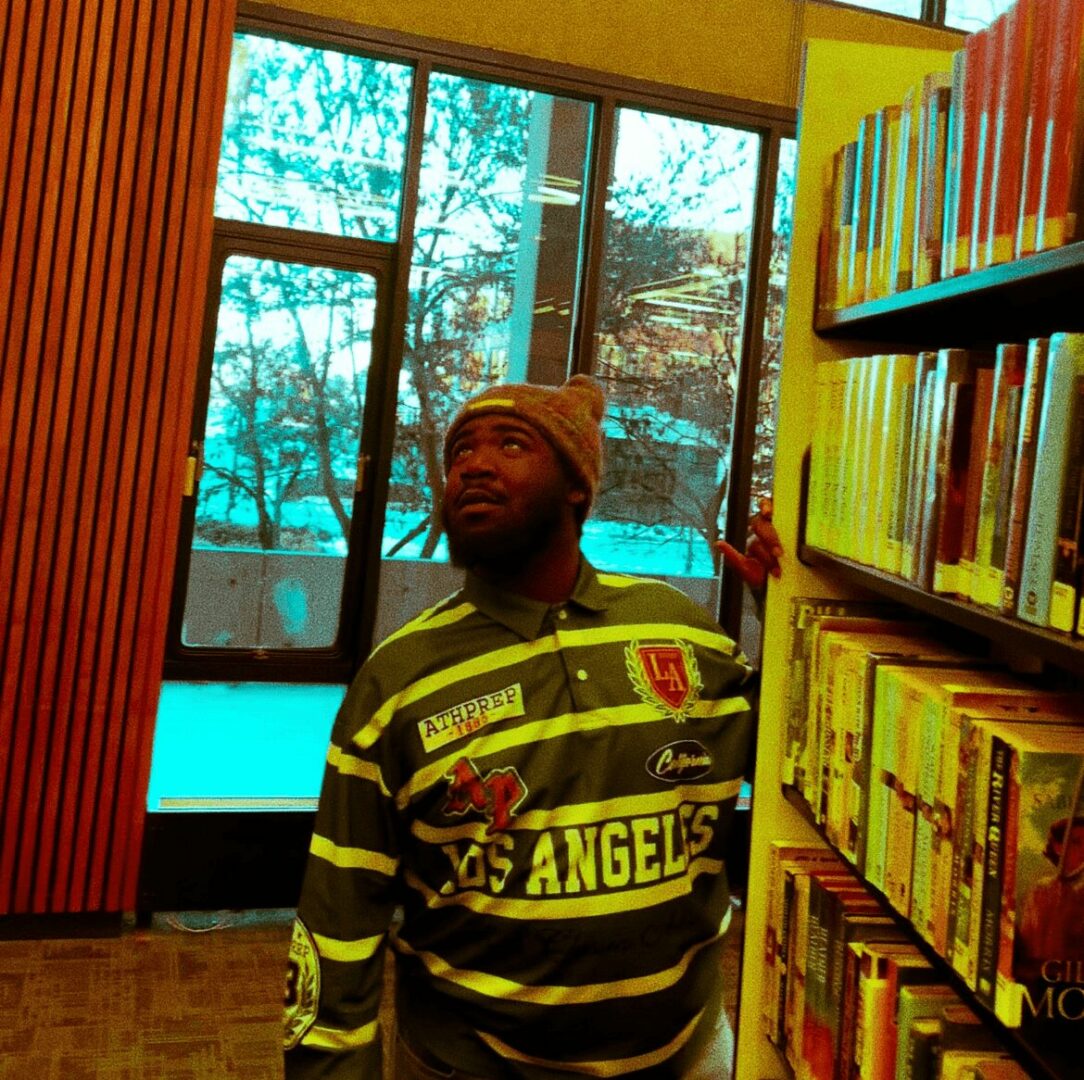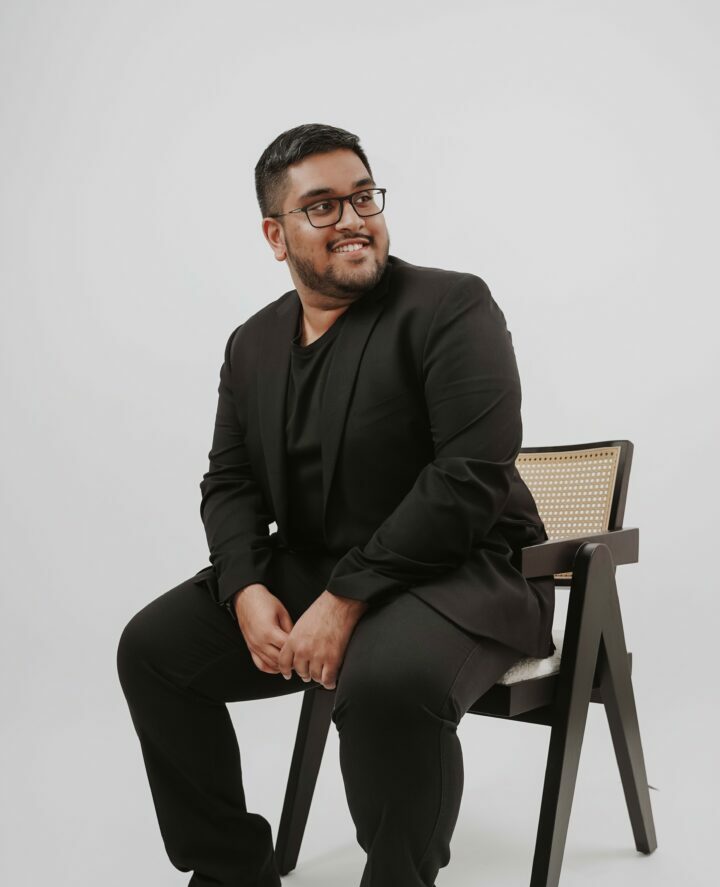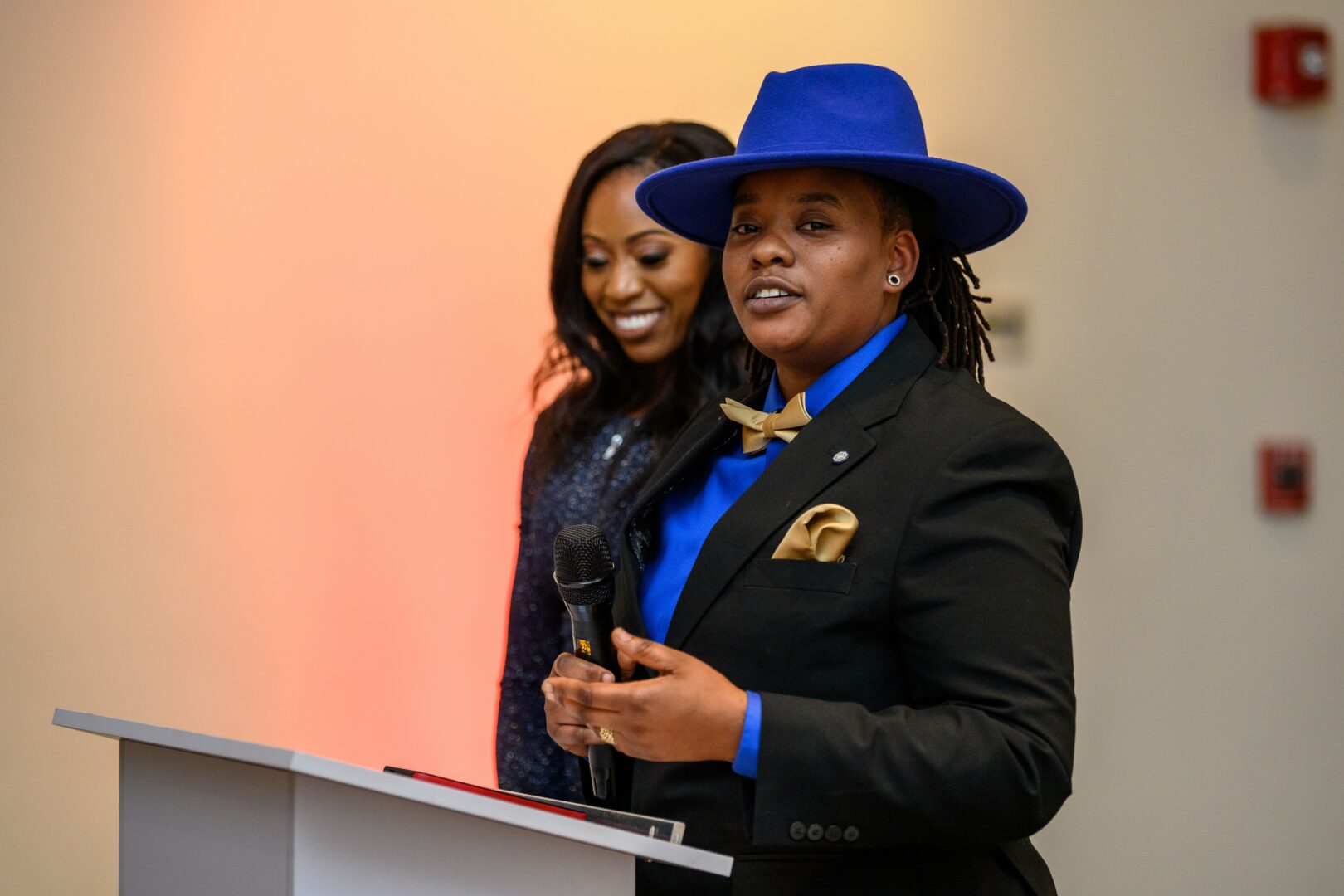We’re looking forward to introducing you to Constance N. Frierson. Check out our conversation below.
Constance N., so good to connect and we’re excited to share your story and insights with our audience. There’s a ton to learn from your story, but let’s start with a warm up before we get into the heart of the interview. When have you felt most loved—and did you believe you deserved it?
Not long ago, I felt most loved when audiences connected with my short film, Color of Autumn. Seeing people recognize the 8-year-old me who experienced racial bullying—and deciding my story mattered—was deeply validating. I once had a thesis advisor I admired, but she insisted I alter parts of my work to make it more palpable. That piece was rooted in my real experiences, and her push to “fix” my truth made me doubt myself. The public reception of my film reassured me that trusting my gut was the right choice.
For a time, I questioned whether I deserved that recognition. Growing up, I internalized the idea that my pain wasn’t important enough to take up space. Even my mentor implied my authentic story needed changing. Now, I see that the same forces that tried to silence my story in graduate school are the ones labeling it “DEI” today and trying to erase it from the cultural conversation. The fact that my childhood experience is considered controversial only underscores why these stories must be told.
I’ve learned that deserving love and recognition isn’t about universal acceptance—it’s about refusing to erase myself to make others comfortable. The 8-year-old who survived that bullying deserved to be seen then. The artist sharing that story deserves to be seen now. No political climate can change that truth.
Can you briefly introduce yourself and share what makes you or your brand unique?
Bio from the Hold This While IP Productions website:
The story depicted in the short film Color of Autumn is part of an upcoming novel by Constance Nicole Frierson, The House on Union Street. Frierson has an extensive employment history in human services in industries such as higher education, financial services, corporate healthcare, and media management. She is a working writer, the recipient of grants and support from Hold This While IP Productions, a company that incubates and elevates women’s stories, an active community volunteer, a trained online leader and a full-scholarship recipient to the Story Summit Writer’s School’s annual women’s writers’ conference, Her Spirit, in 2021 through a grant arranged by a private foundation. Additionally, Frierson has been selected to participate in The Field’s Fiscal Sponsorship for Social Justice Arts Practitioners Program, a subsidized fiscal sponsorship membership with special benefits for individual artists and art collectives or organizations who identify as members of a historically underrepresented or marginalized group and whose creative work puts into practice and furthers values of social justice, equity, and inclusion in their communities.
My personal statement:
Human services has been at the center of my work. I’m a humanist at heart. Over time, In every job, I’ve leaned on empathy, active listening, and insight to help people wherever they are on their life journey.
Writing has always been my way of making sense of things. Whether I’m reflecting on history, emotions, trauma, or recovery, I use words to process my experiences. I’ve written plays and stories, and right now I’m finishing a novel called The House on Union Street. I’m happy about the success of a short film based on one of my stories, Color of Autumn. While my original educational initiative involving the short film is still being evaluated, I’m focusing on sharing how I’ve managed to build and maintain a resilient life. Color of Autumn is especially meaningful to me—it opens up conversations about multi-generational relationships, healthy aging, and why self-care matters so much.
One of the most memorable moments from our recent “It’s OK to Be Old” event at ALTAR, here in Chicago, last month happened right after the screening of Color of Autumn. The room was filled with energy and curiosity, and I had decided to share something special—I read aloud the original ending from the short story that inspired the film. It was a vulnerable moment, but the response from the audience was truly heartfelt. People leaned in, listened closely, and afterward, several attendees told me how much the story resonated with them. That exchange sparked deeper conversations about resilience and the ways our stories can help us navigate life’s hardest chapters. It reminded me just how powerful it can be to connect across generations and share our experiences honestly.
Okay, so here’s a deep one: What did you believe about yourself as a child that you no longer believe?
Childhood Beliefs and Early Experiences
As a child, I internalized the idea that whenever something went wrong, it must have been my fault. For instance, if voices were raised or someone appeared upset, I would retreat into the shadows of my childhood home and wait for the storm to pass, silently asking myself, “Did I do something bad?” My environment and experiences shaped this belief, often making me feel responsible for circumstances that were beyond my control.
In those moments, I would go out of my way to keep everyone around me happy, convinced that my efforts could shield me from being the target of anger or hurtful words. Some nights, I would stay awake until all the lights were turned off, and the house fell silent, only then feeling it was safe enough to sleep.
Family Dynamics and Emotional Impact
Growing up as an only child, I had more material possessions compared to other children I knew. However, I cannot recall receiving hugs from my mother. When it became apparent that I was treated differently whenever other family members or children visited, I began to question the reasons behind it. These experiences led me to doubt my own worth and develop a deep sense of anxiety about making mistakes.
Growth, Support, and Self-Understanding
Over time, the consistent care and encouragement I received from teachers and other supportive adults began to shift my beliefs. Gradually, I came to realize that the moods or actions of others did not determine my value. I now understand that everyone has their own feelings and reactions, and that I deserve both safety and care. Through ongoing support and personal growth, I have learned to trust myself and recognize my own worth.
What’s something you changed your mind about after failing hard?
When I first read this question, my instinctive answer was “living.” At age 18, I attempted to end my life because I felt unloved and believed that was the only way to end my pain. The failure was that I survived. It took a long time to restore my health, both physically and emotionally. At the time, I thought it was a permanent solution for what ended up being a temporary problem.
Looking back, I realize that leaving home was a better alternative than staying in an abusive household with my parents, where my mother was the abuser. She had told me more than once that she wished I had died before my birth. There was no one to reach out to for support or to ask for help. This made it easy for me to decide.
Surviving that experience changed my perspective completely. I learned that even the deepest pain can pass. Seeking safety, even if it means leaving everything behind is sometimes the strongest choice you can make. What I didn’t know was that life is full of ups and downs, and what feels unbearable in one moment can become manageable with time, care, and connection. My experience taught me to value resilience, seek support when possible, and believe in the possibility of healing. My identity, value, and path are determined by my own beliefs, passions, and aspirations, not by the opinions or expectations of others. This understanding is crucial for authentic self-fulfillment and resisting external pressures.
Life is a precious gift.
Next, maybe we can discuss some of your foundational philosophies and views? Is the public version of you the real you?
I have a public persona and yes it is the real me. However, I am not the same privately. Back in college one of my courses included in depth discussions about the different masks we wear in life. I’ve learned to switch according to the situation. Yet the one thing that’s been consistant is my need to remain true to my beliefs, while allowing space to improve the ways to solve problems.
Here is a writing prompt I took on recently. It sums up who I am…
**I Am Someone Who**
I am someone who brings light to darkened places,
Who believes that sharing is caring,
Who learns lessons through the lens of life’s experiences,
Who embraces tradition and welcomes innovation,
Who knows the young can learn from the old,
And the old should strive to learn from the young.
Sometimes, I forget to breathe—
But hope, like breath, keeps me alive.
I am the light that gently glows in shadow,
The heart that shares, that truly cares,
The learner, growing through life’s graces,
Tradition’s keeper, welcoming new airs.
I am the bridge—young and old, together we learn,
I am the breath, hope’s flame that forever burns.
Thank you so much for all of your openness so far. Maybe we can close with a future oriented question. Are you doing what you were born to do—or what you were told to do?
Traveling on my path to healing I had a lengthy list of perceived obligations: to be a good daughter, student, employee, friend, spouse, parent, and caregiver. Living in accordance with these expectations leaves little tolerance for mistakes, accidents, or personal growth. Over time, I have worked to overcome this ingrained mindset. While occasional challenges remain, my progress has been substantial. Although the past cannot be changed, healing is achievable through patience, affirming truth, rejecting false beliefs, self-care, and acceptance. Ultimately, it requires intentional efforts to restructure previous patterns.
In 2018, I made a conscious decision to prioritize my own well-being after recognizing the lack of acceptance within my family. With support from my therapist, I chose not to forgive those who had caused harm, focusing instead on personal recovery. The process involved learning to protect my own interests rather than compromising for others. Through consistent effort and practice, I have come to appreciate the necessity of self-care.
Contact Info:
- Website: https://www.constancenicoleauthor.com/
- Linkedin: https://www.linkedin.com/in/constance-nicole-f-914860202/
- Other: https://www.holdthiswhileip.com/
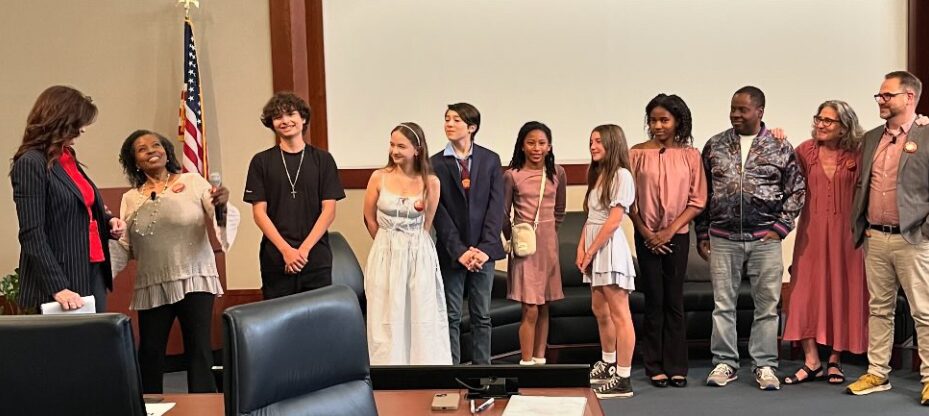
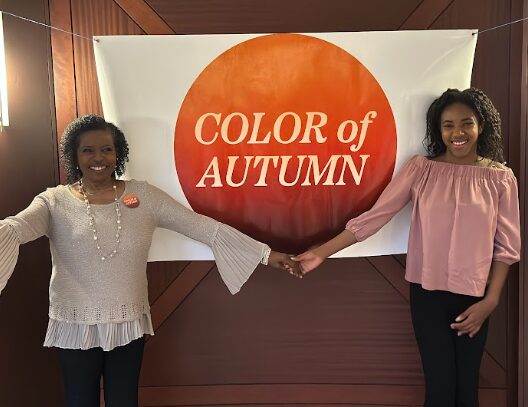
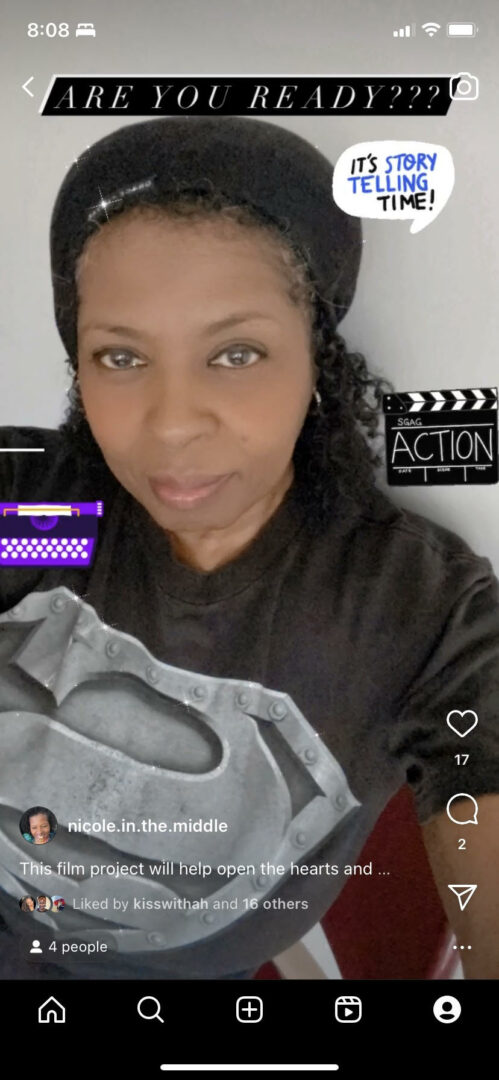
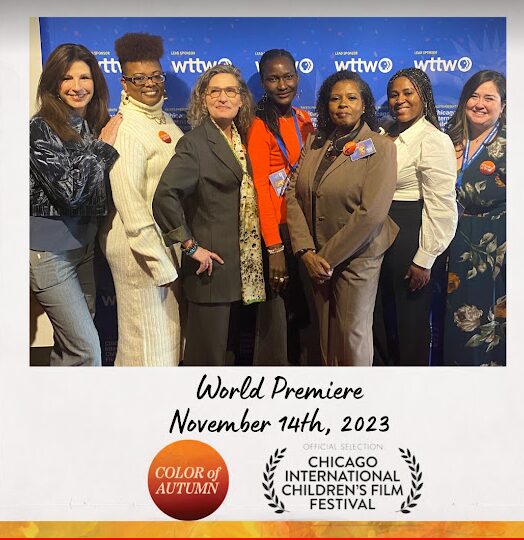
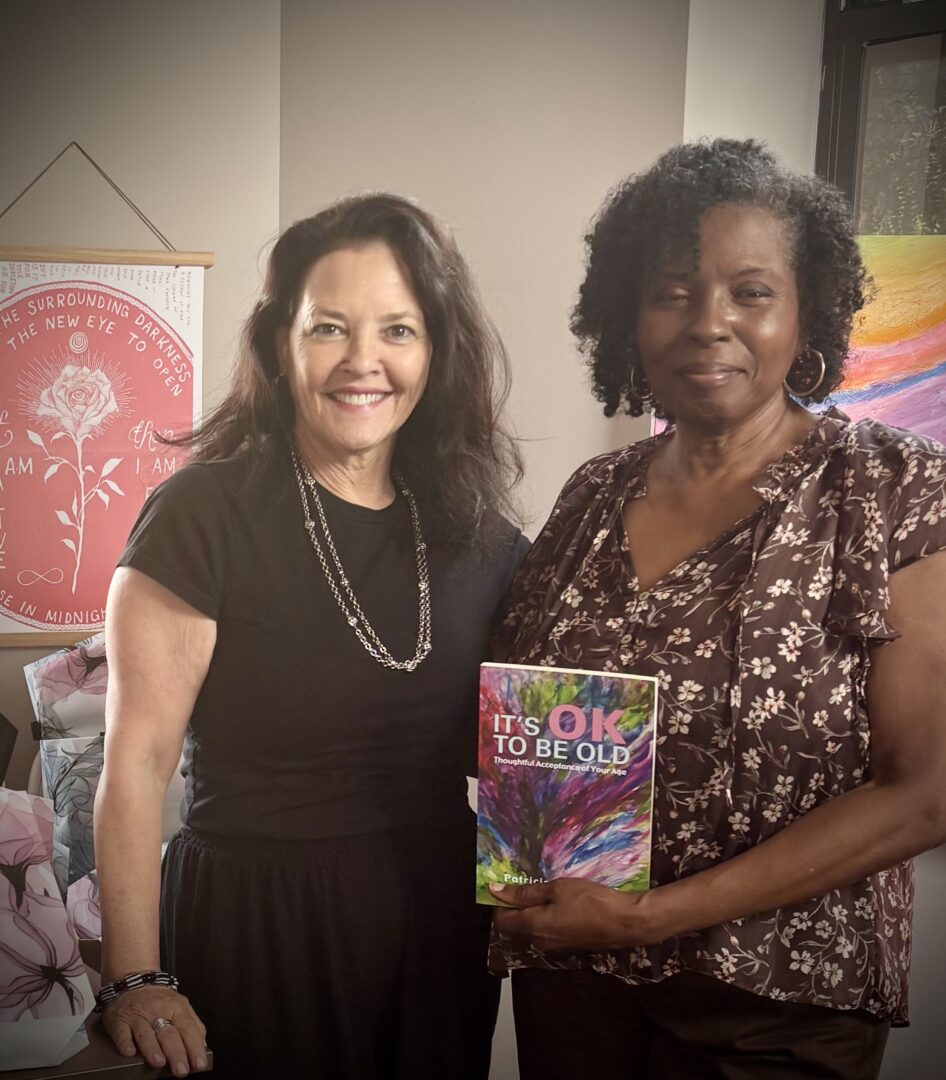
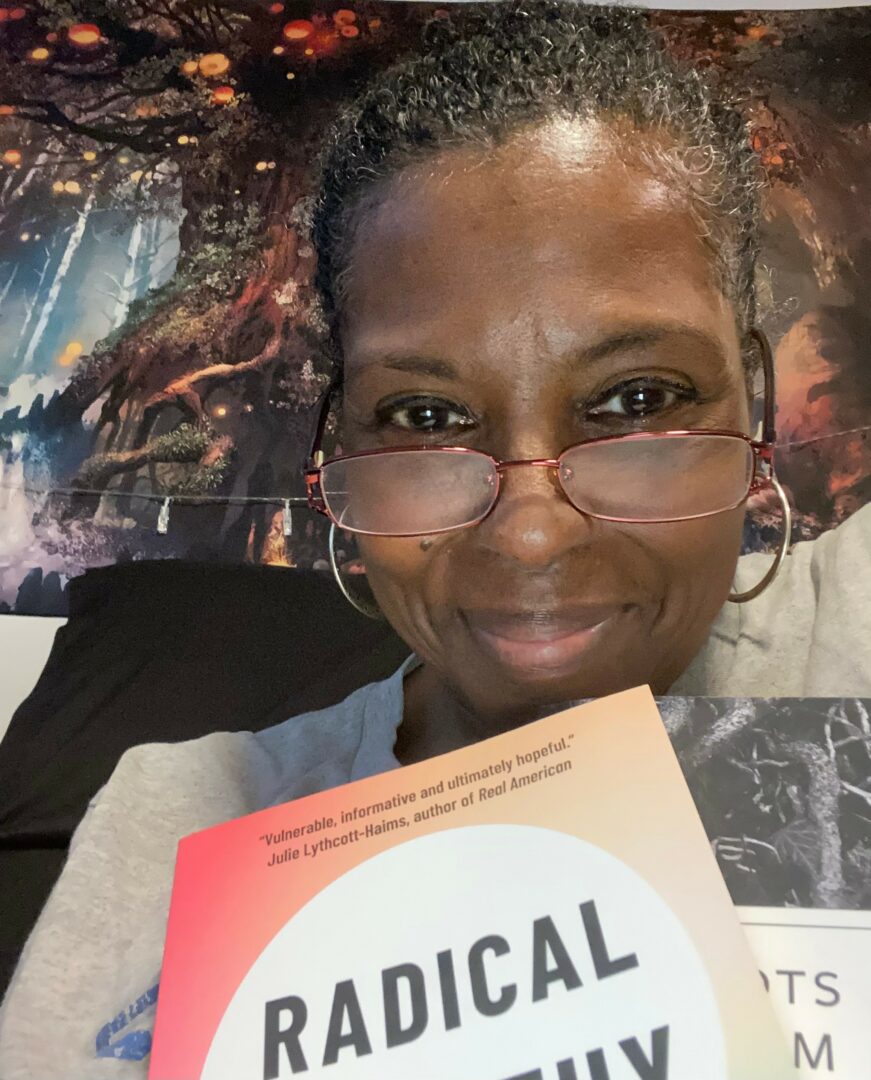
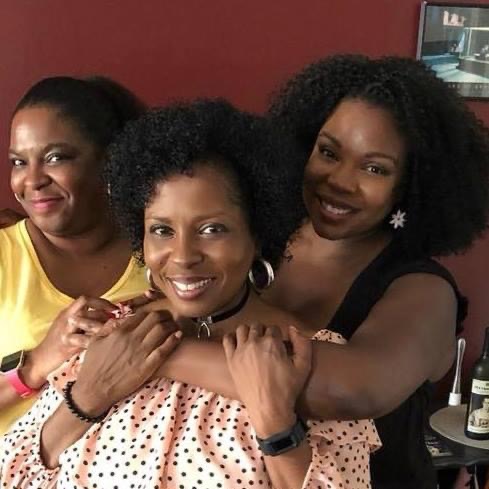
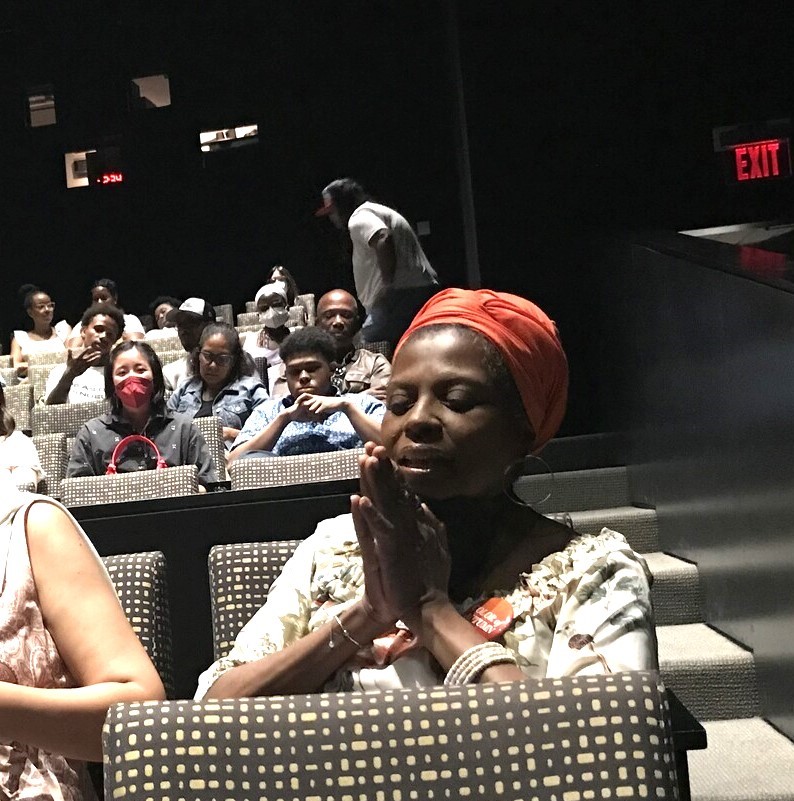
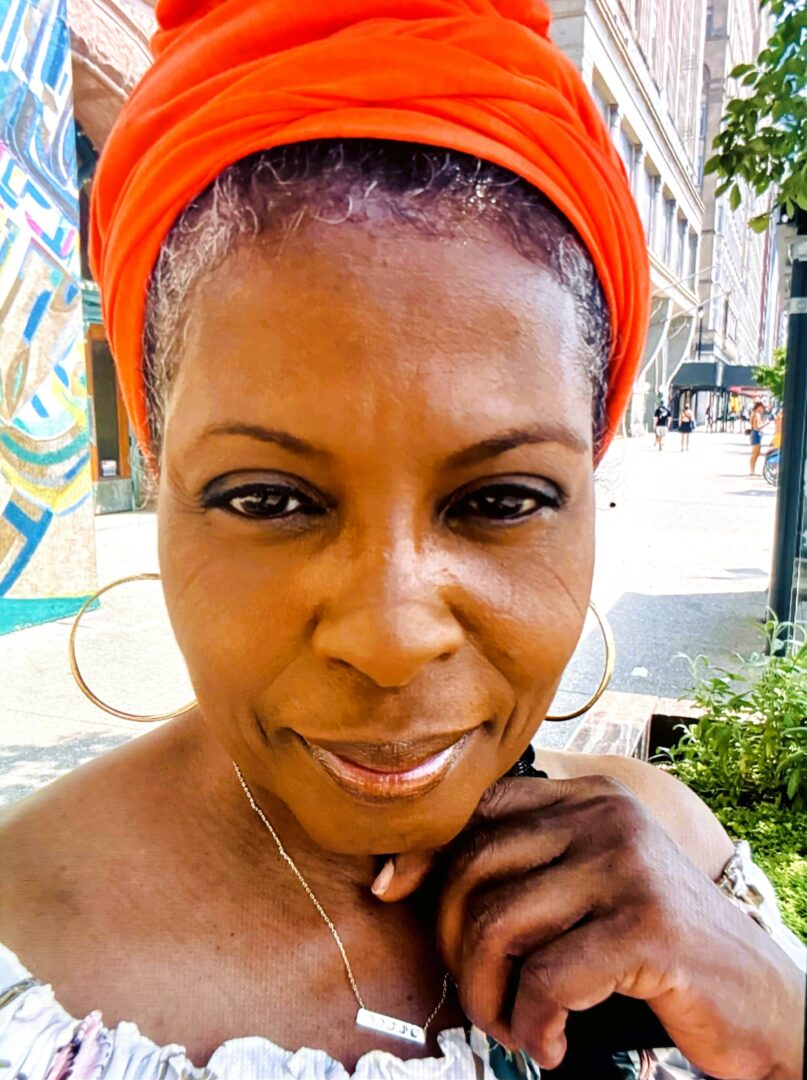
so if you or someone you know deserves recognition please let us know here.

